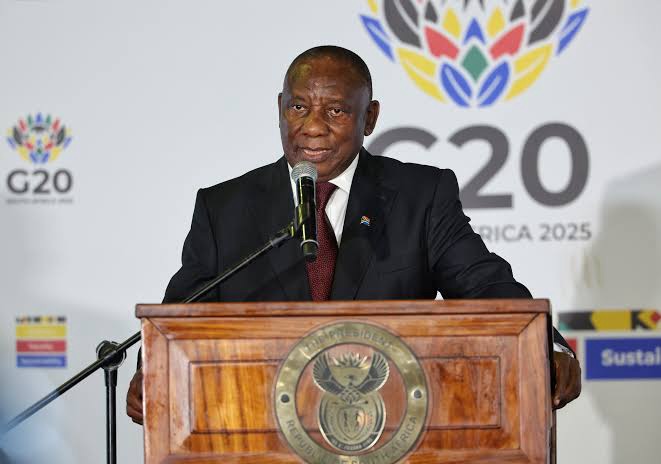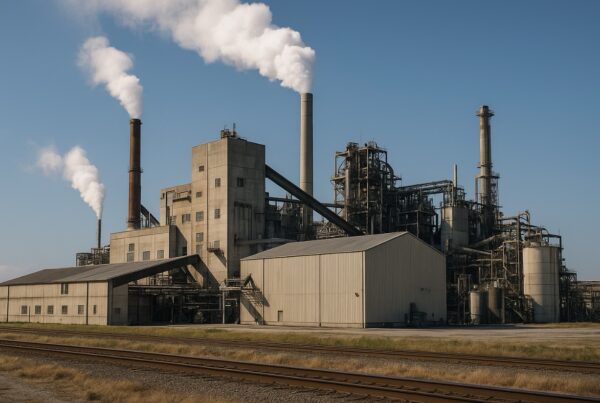The global economy stands at a critical crossroads amid slowing growth, regional inequality, and rising trade protectionism. In this context, the G20 Johannesburg 2025 Summit, set for November 22–23, becomes a strategic moment for world leaders to chart concrete steps in addressing shared challenges. Carrying the theme Solidarity, Equality, Sustainability, the meeting places solidarity, equality, and sustainability at the core of future global policy direction.
Global Economic Growth Slowing
Latest projections place global economic growth in 2025 at around 3.0%, with a slight uptick to 3.1% in 2026. Advanced economies are expected to grow only between 1–1.5% due to weakening demand and inflationary pressures. In contrast, developing countries remain key growth drivers, with India projected to post 6.6% and China 4.4% thanks to strong investment and domestic policy support.
Inequality and Trade Barriers
The pace of recovery is increasingly uneven across regions. Developing nations show stronger resilience but face hurdles from increasingly protectionist trade policies. Surging import tariffs in several major economies have squeezed global trade flows, leaving world trade growth projections at just around 0.9% for 2025. This adds another layer of uncertainty for cross-border businesses.
Strategic Agenda of the G20 Johannesburg Summit
As host, South Africa has set three main priorities:
- Inclusive economic growth, industrialization, job creation, and inequality reduction.
- Food security and the transformation of sustainable food systems.
- Leveraging artificial intelligence (AI), data governance, and innovation to drive sustainable development.
Discussions will proceed through two main tracks: the Sherpa Track, which addresses cross-sectoral policy, and the Finance Track, focusing on international finance, infrastructure, and global taxation. Three dedicated task forces have been formed to ensure effective implementation of the agenda.
Focus on Climate Finance and Debt Reform
In addition to its main priorities, South Africa is highlighting climate finance and debt restructuring for developing nations. This is seen as essential to support countries vulnerable to the impacts of climate change while also addressing fiscal pressure from heavy debt burdens. The agenda reflects a commitment to strengthening the role of Global South nations in shaping global economic governance.
Outlook
The G20 Johannesburg 2025 Summit is expected to deliver tangible actions aligned with its overarching theme of Solidarity, Equality, Sustainability. With the threats of economic slowdown, market uncertainty, and global political polarization, the forum’s success will depend heavily on the political will of member states to prioritize cooperation over unilateral interests.
If the agreed agenda is implemented consistently, the Summit could mark a turning point toward a more just, inclusive, and sustainable global economic system. Conversely, failure to reach substantive agreements risks steering the world into a decade of uncertainty and economic strain.






